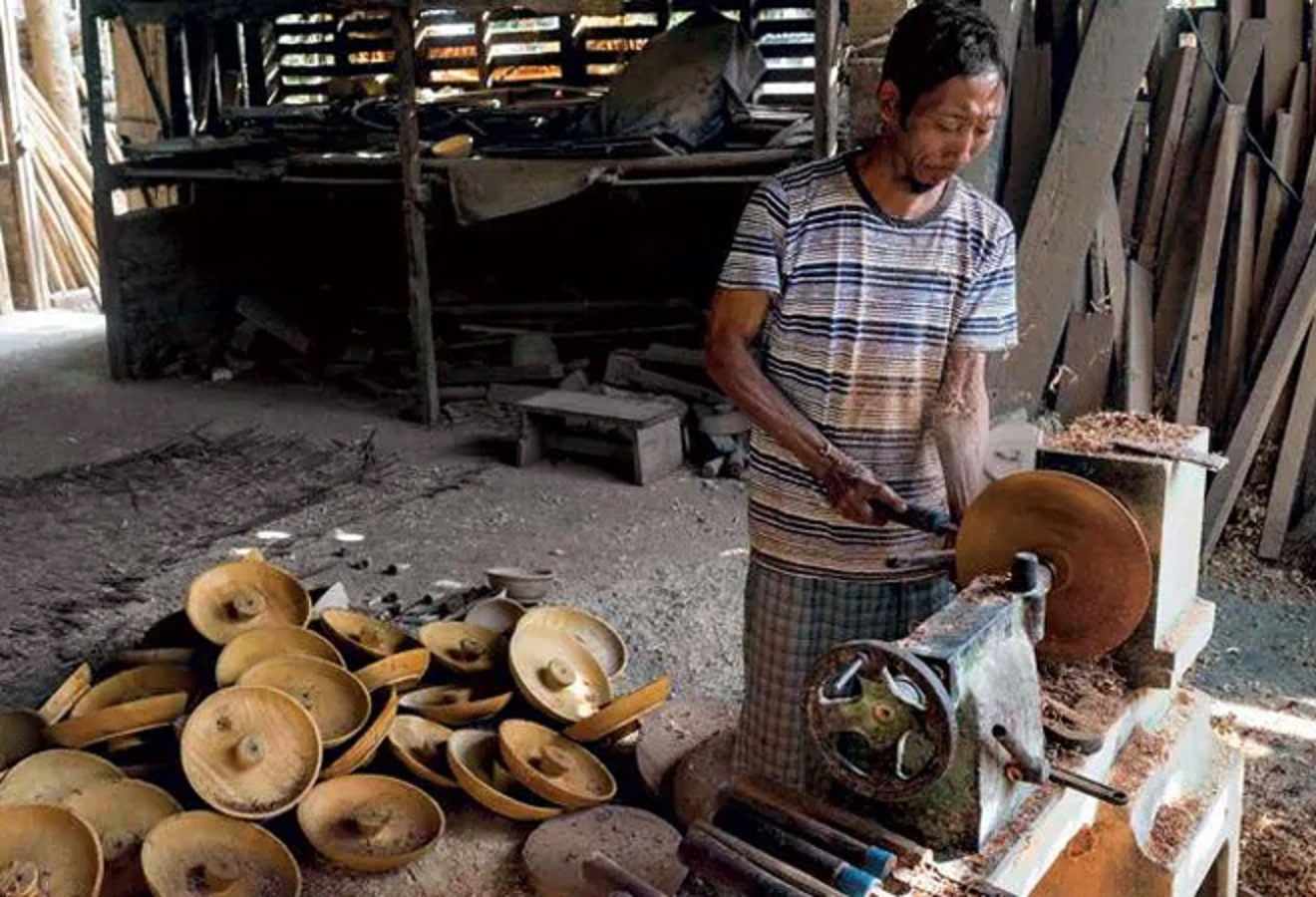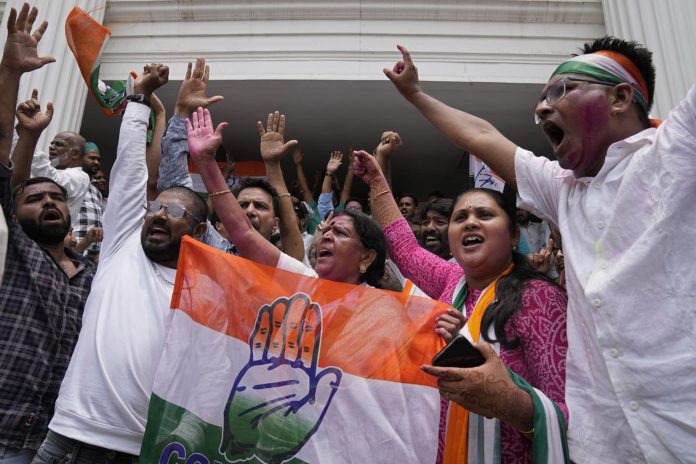- The Indian community is well aware that political parties of all stripes are becoming excited about the prospect of running in the general elections that will follow in 2024. Political parties are wooing the people with the customary pledges, plans, programs, incentives, and any other actions that would ensure their painstakingly nurtured vote banks not only remain intact but also grow stronger as the election scenario heats up. We are all aware that the Congress introduced five guarantee schemes before the Karnataka state assembly elections. The Grand Old Party won a resounding election and took office once more thanks in large part to the free programs.

PC: PTI
- It made for an interesting read when Prime Minister Narendra Modi spoke on the occasion of the Independence Day speech from the ramparts of the Red Fort recently. PM Vishwakarma was introduced the day after Modi said that the Union Government would launch a program to assist individuals working in occupations based on traditional skills. Beneficiaries would primarily be other backward castes under this central sector program, which will provide aid totaling Rs 13,000 crore over five years in the form of concessional loans. That’s how it is. Craftsmen who possess the required documentation will be qualified for a loan up to Rs 3 lakh. Plans to upgrade skills and integrate them with domestic and international value chains are part of the scheme concept. On the surface, the plan seems well thought out. But is it?
- According to a statement from the Union Government, the scheme aims to promote family-based practices of traditional crafts. The main problem in this situation is access to markets because the skill-building process takes place in a restricted context. Traditional skills around the world find it difficult to compete with new alternatives in terms of price. Several of the traditional artisans mentioned by the GOI, such as toy makers and fishermen who create fishing nets, cannot compete on price with manufactured equivalents. So, the scheme’s objective of connecting them with marketing value chains will be most important for the investment to produce the intended returns from an economic perspective. It is not surprising that OBCs will be the primary beneficiaries of fiscal outlays, which also reflect political decisions.

PC: Anuradha Pati
- Many people working in traditional occupations will surely benefit from PM Vishwakarma’s strategy of soft loans. But, India’s economic transition calls for updated employment skills. Many young people in families with traditional occupations have aspirations that are aligned with careers in these industries. Vishwakarma is not what India needs to develop a workforce for a modern economy in light of this. Yet, it is crucial to protect traditional skills because they are part of India’s intangible cultural heritage. Traditional craftspeople will benefit from Vishwakarma, but its long-term effects will be greatly influenced by the development of a market where they are not forced to compete on price with substitutes. Hopefully, this aspect will receive the attention it deserves.






